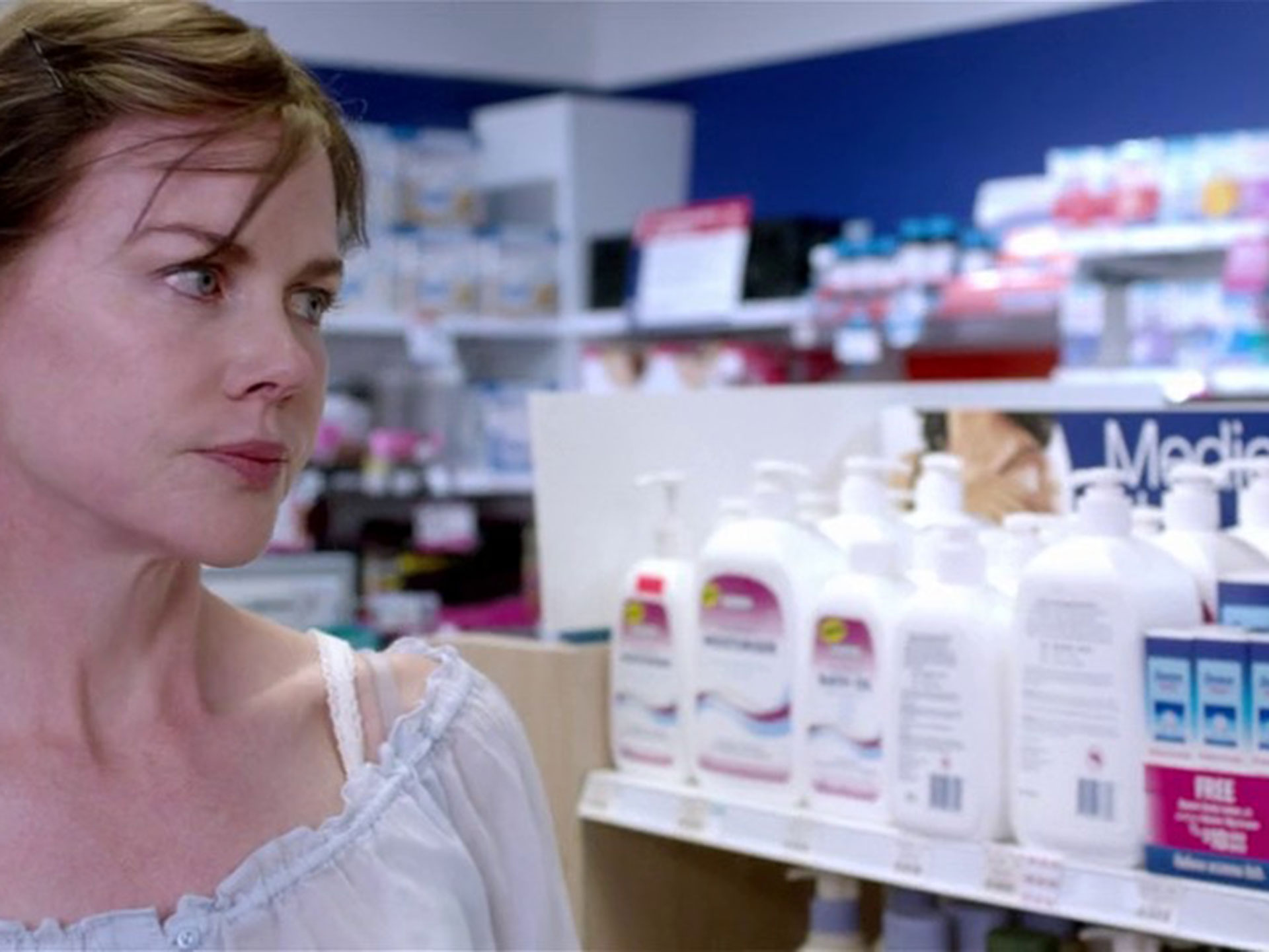Nobody knows more about your specific medications than your pharmacist – and that expertise doesn’t have to end with making sure you get the right dose in the right bottle.
“One of the biggest misconceptions about pharmacists is that we just put a label on a box, but there’s a lot more that goes into dispensing a prescription to make sure it’s safe and appropriate for you,” says Anthony Tassone from the Pharmacy Guild of Australia.
Pharmacies are increasingly providing a range of health services, including vaccinations.
“Given 97 per cent of Aussies live within 2.5km of a pharmacy, it pays to find out what additional services your pharmacist can offer,” Anthony says.
1. They can tell you the difference between generic and brand name medication
Most of us like to request the money-saving generic option when having a script filled. They may be a little easier on the wallet, but did you know they’re not always the best choice?
While a generic is a version of an existing branded medication – which must meet all the same standards of quality, safety and effectiveness – there can still be slight differences.
“Apart from containing the same active ingredient, generics often contain different non-active ingredients, such as colouring agents and preservatives – sometimes with these you may get an upset stomach or develop other side-effects,” Anthony reveals. “A classic example of when you can’t use a generic is blood-thinning medication because not all brands are considered equal.”
Always ask your pharmacist what they recommend when you hand over your prescription. And let them know if you have any preferences for a tablet versus capsule because the size and shape of generic medicines can differ from the original brand.
“Sometimes the packaging of one brand is easier to use than another as well,” Anthony says. “For instance, some medicines come in calendar packs, which helps remind you to take them at the right time.”
2. You can let the chemist hold your scripts
Misplacing a prescription can be costly, inconvenient and even dangerous, depending on the medication. That’s why it’s worth letting your local pharmacy keep scripts for your medications on file. They can also set up a script-reminder service.
“Your pharmacist can remind you when it’s time for a refill by sending you an alert, either by SMS or mobile phone app, and let you know when your medications can be collected,” Anthony explains.
This allows you to order scripts in advance so you don’t have to wait until you run out to request a refill.
And if one of your medications is out of stock, your pharmacist can let you know before you go into the store, saving you precious time.
“It’s better to plan ahead where possible,” Anthony advises.
3. You can get your vaccine at the pharmacy
Flu season is just around the corner and the updated 2017 vaccinations are now available at some pharmacies, as well as your local GP.
“Pharmacists are taking on a much greater role in the delivery of primary health care, in particular the fight against influenza,” Anthony says. “Pharmacists can administer the flu vaccine to adults, as well as whooping cough (pertussis), measles, mumps and rubella injections in some states and territories.”
In order to be granted permission to give the potentially lifesaving jabs, the pharmacist must undertake specific training and accreditation. Simply ask your pharmacist whether they have the vaccination service available.
4. You can have tests and a mini check-up done at the chemist
Your pharmacist can answer many of your medication queries across the counter, but in some cases they’re able to give you a mini health check as well.
Services vary, though you can usually request an on-the-spot blood-pressure test. Other check-ups offered include a non-fasting cholesterol test, diabetes update, hearing check and weighing.
5. They can suggest codeine alternatives
From February 1, 2018, medications containing codeine will no longer be sold over the counter at pharmacies.
The Therapeutic Goods Administration (TGA) has changed its classification to Schedule 4 prescription medicines. This means you’ll first need to see your GP for a script to buy painkillers and cold medications containing codeine.
6. They can dispose of medications
You can return expired or unwanted medication for safe disposal at your local chemist. Not only are you reducing the risk of pets or grandkids finding old pills, you’re helping the environment by not putting them with your regular rubbish or flushing them away.
Should you buy medicine online?
Maybe. “When shopping for prescription medication online, unless it’s from a registered Australian pharmacy, there’s a risk you could be buying an inferior or counterfeit product,” Anthony warns.
If you must buy medicine online, shop at a bricks-and-mortar pharmacy chain that offers an online service as well.
“These can be particularly useful for people living in remote areas, or those who find it difficult to get to a pharmacy,” he says. And don’t be afraid to pick up the phone and ask any questions you may have.
“You can be fairly confident medicines purchased in Australia are legitimate and authentic, but there’s never any substitute for having direct contact with a pharmacist,” Anthony says.


